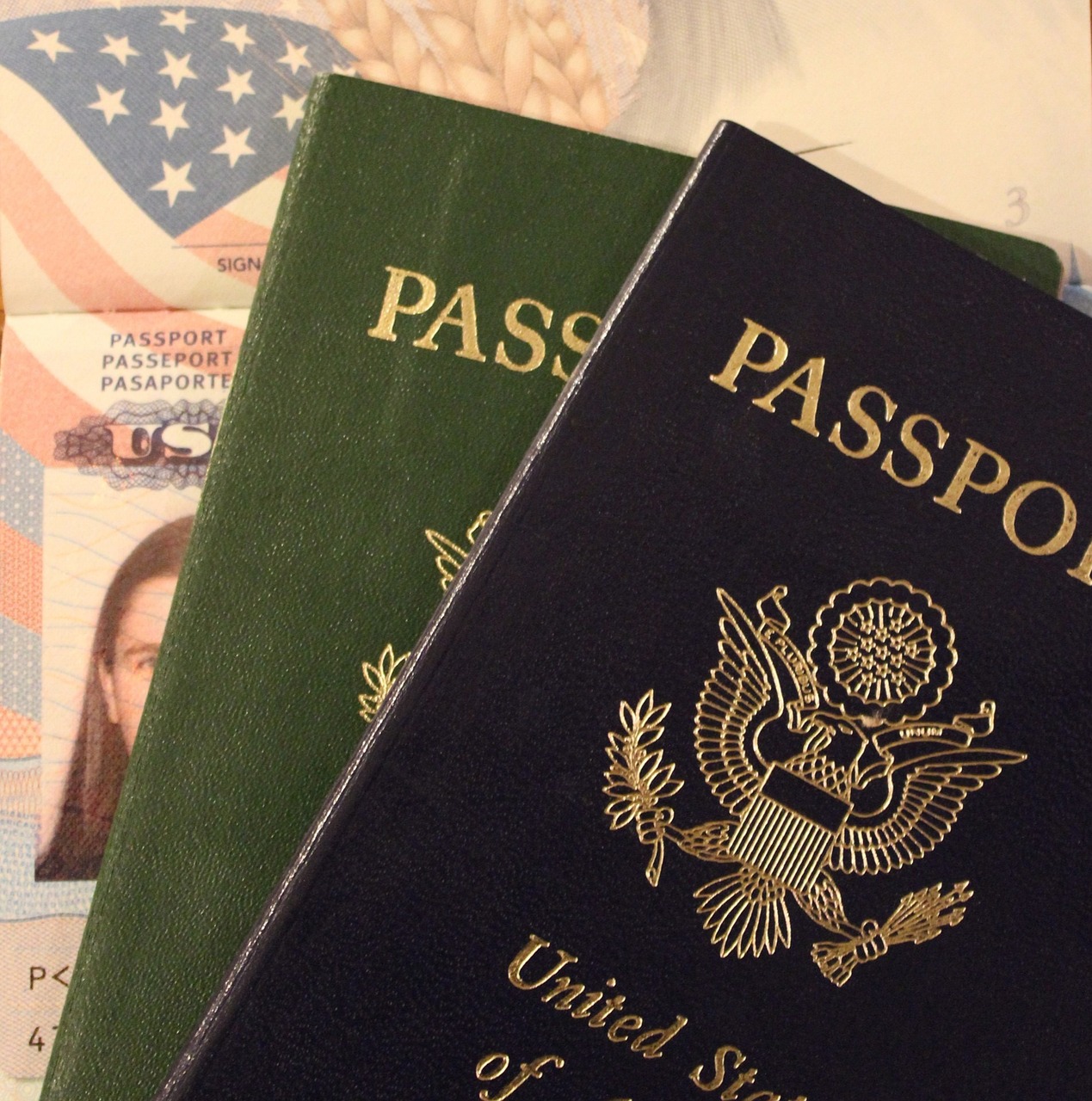What happens if a dispute arises between the two spouses in marriage based green card case? Hi, I'm Jim Hacking, immigration lawyer practicing law around the United States and based here in St. Louis, Missouri.
Every now and then we get a call here at the office when trouble arises between a husband and a wife, what we're talking about today are green card cases, places where the spouse has sponsored the non-citizen for a green card. A US citizen has the right to sponsor their husband or wife for a green card and sometimes those cases can take a long time. During the pennancy of the case, every now and then a dispute arises and the question is who does the attorney represent at that point.
Generally for an attorney to represent two people at the same time they both have to consent to the dual representations so, if the two parties are on the same wave length and have the same desires it's perfectly acceptable for one attorney to represent a husband and a wife in a immigration case. We're talking about he ethical rules related to a attorney representing both and then what happens if a dispute arises.
In a typical example the US citizen sponsors, the non-citizen for a green card in a case can take anywhere from 6 to 12 months depending on how busy the local office and how complicated the case is. Sometimes a dispute arises and the US citizen or the non-citizen wants the attorney to represent just them from that point forward. How does this play out?
We've actually had on two different occasions here at the office, a situation where our phone rings and it's either the US citizen or the non-citizen and they want to talk to us about a fight that they've had with the other spouse. That puts us in a very delicate situation because as soon as a conflict arises between the two spouses it really ties our hands because we have to be very careful with what we disclose to the person that's calling us and to the one who didn't call us. We really don't want to do anything to jeopardize the dual representation until such time as it becomes clear that the parties have irreconcilable differences and we won't be able to continue anymore.
Because what has happened is the US citizen has called and said, "how do I do everything that I can to keep that no good spouse of mine from getting a green card?" Then shortly thereafter we get a call from the foreign spouse asking, "what can I do to keep my green card?" Whenever we have those conversations that puts us in a really tricky situation and if a client goes that far that they want our advice on how to thwart the objectives of the other spouse we have to recuse ourselves and we have to get out of the case. We'll typically refer both the US citizen and non-citizen to two different attorneys, one each so that their interests can be protected because we can't favor one client over the other. We can't pick the US citizen over the non-citizen or do anything because we're, we have a ton of information about the marital relationship and it wouldn't be fair for us to pick and choose one spouse or the other.
If you are having conflicts with your spouse you need to be real careful with how you phrase it with your attorney and if, in fact things are irreconcilable your attorney is going to have to recuse himself and not represent either of you from that point forward. If on the other hand it's just a minor blip and things are able to be worked out and nobody has soured the relationship or soured the relationship with the attorney, then the attorney should be able to keep on representing both sides. These are the kind of things to think about if you're gong through a marriage based case, you want to make sure that your attorney represents both sides equally and fairly and that nobody gains the upper hand by trying to get the former attorney to represent just their interests. Because when the gloves are off and the couple's fighting the interests do become very different, the US citizen typically wants to stop the process and to not sponsor the non-citizen anymore and the non-citizen wants to do everything they can to remain in the United States and keep the green card.
That's the typical situation, keep the green card process going if they can. If you have any questions about this or if you have a questions about dual representation in the immigration context or what you should be thinking about when hiring an attorney. Give us a call at 314-961-8200 or you can email us at [email protected]. Thanks.








